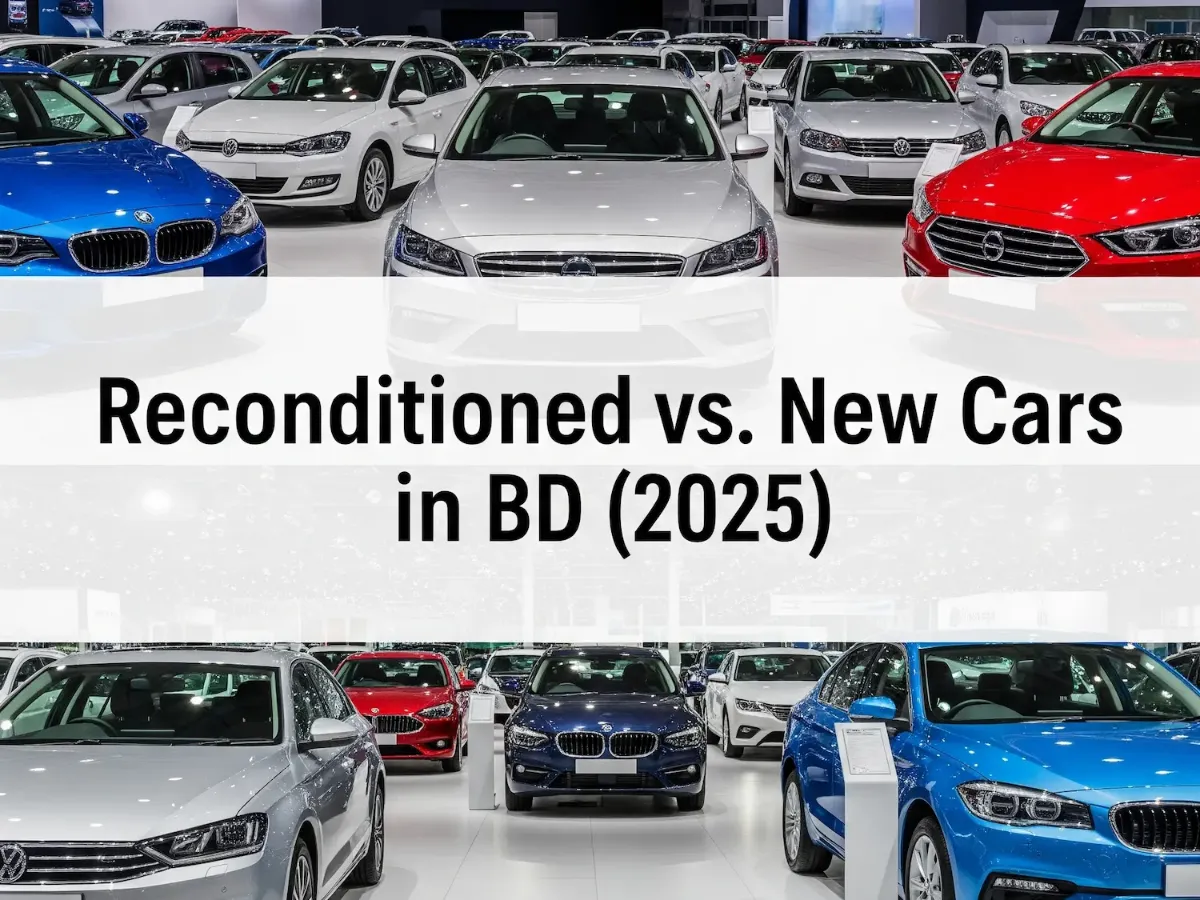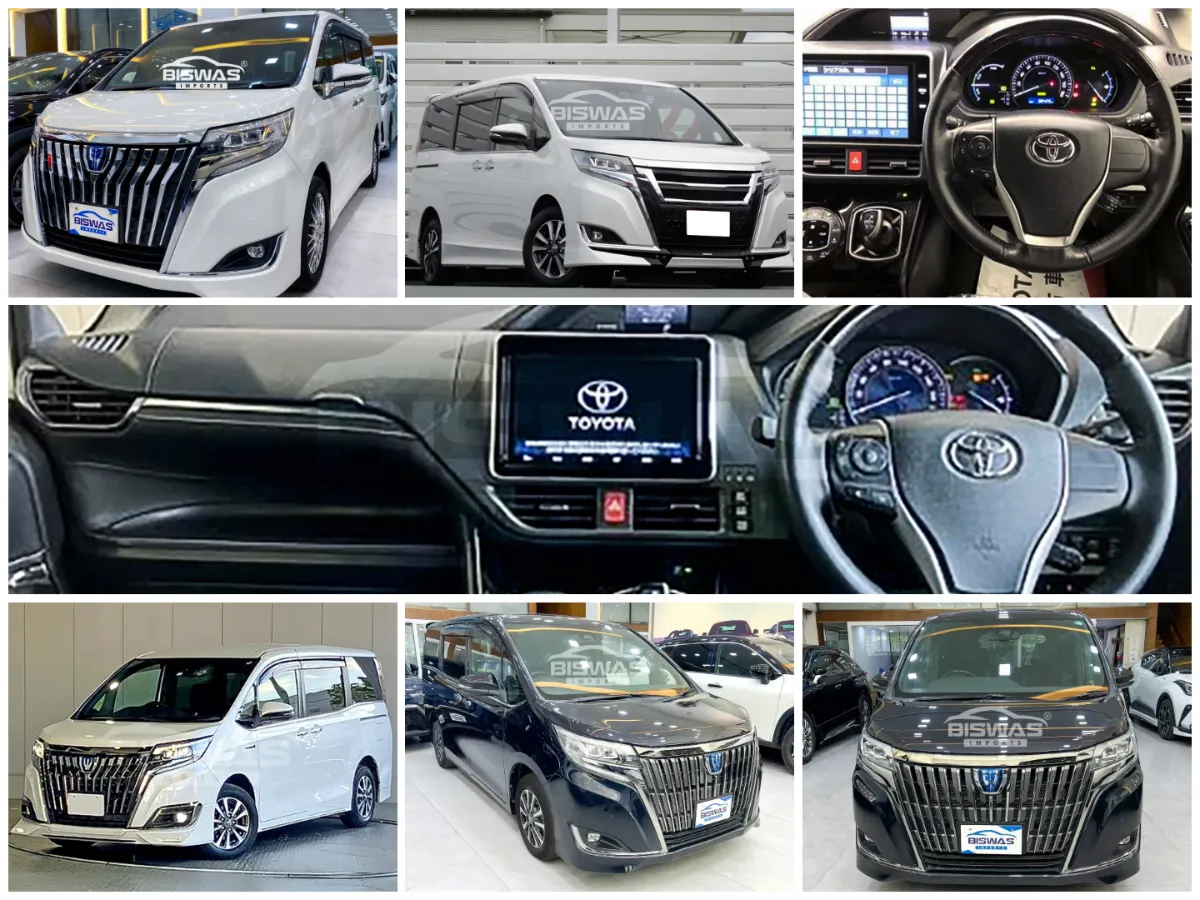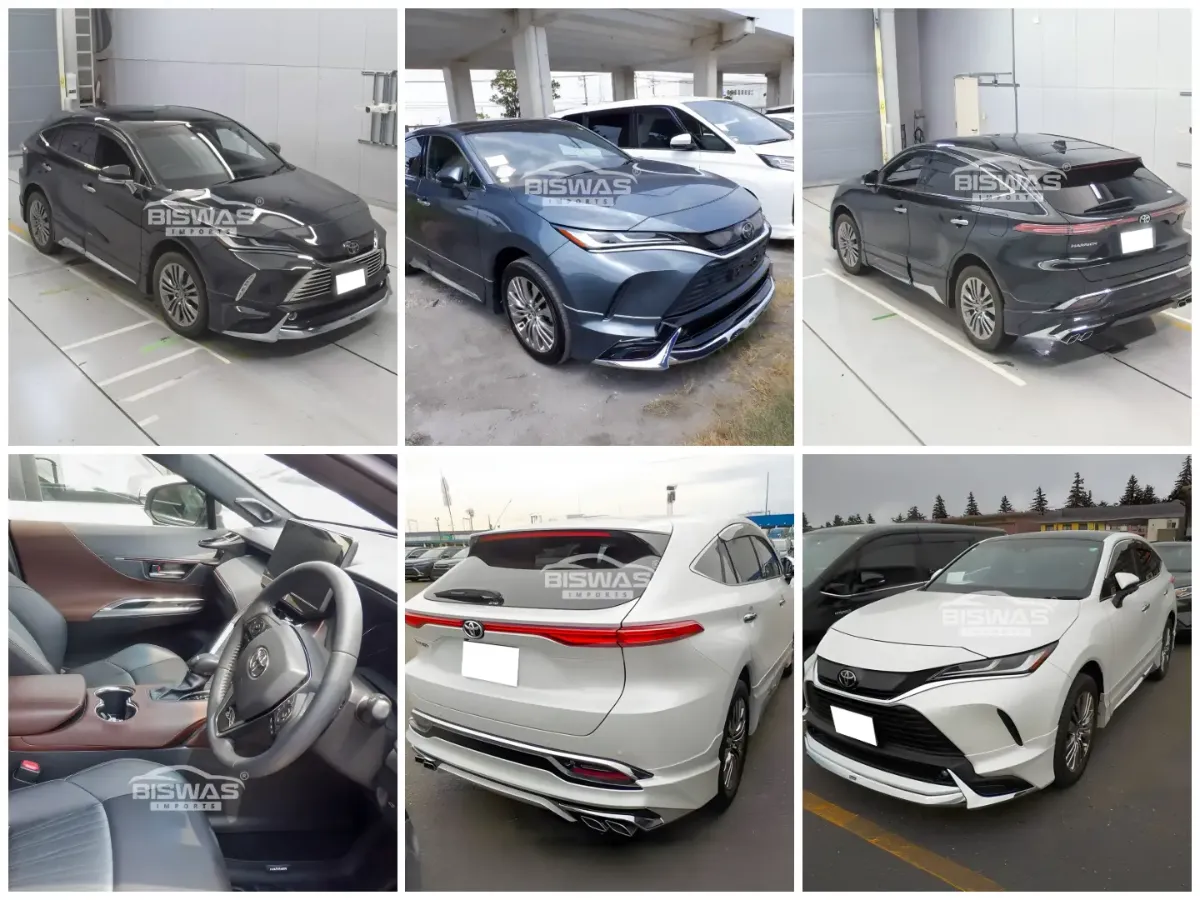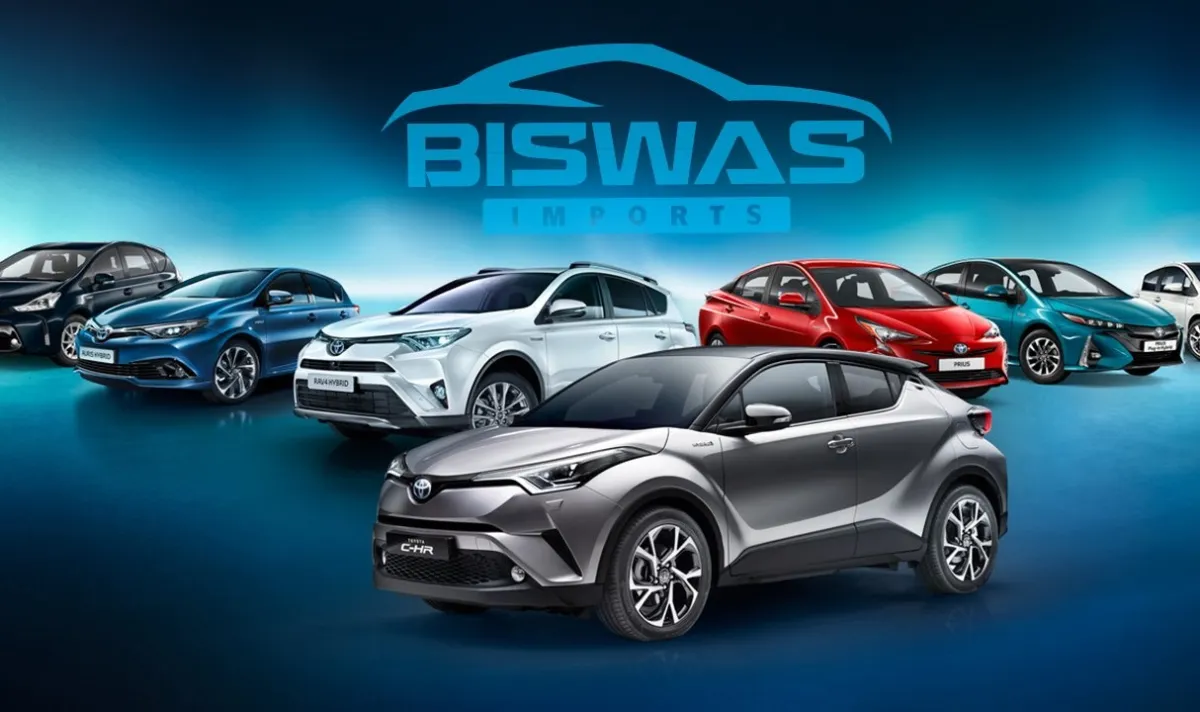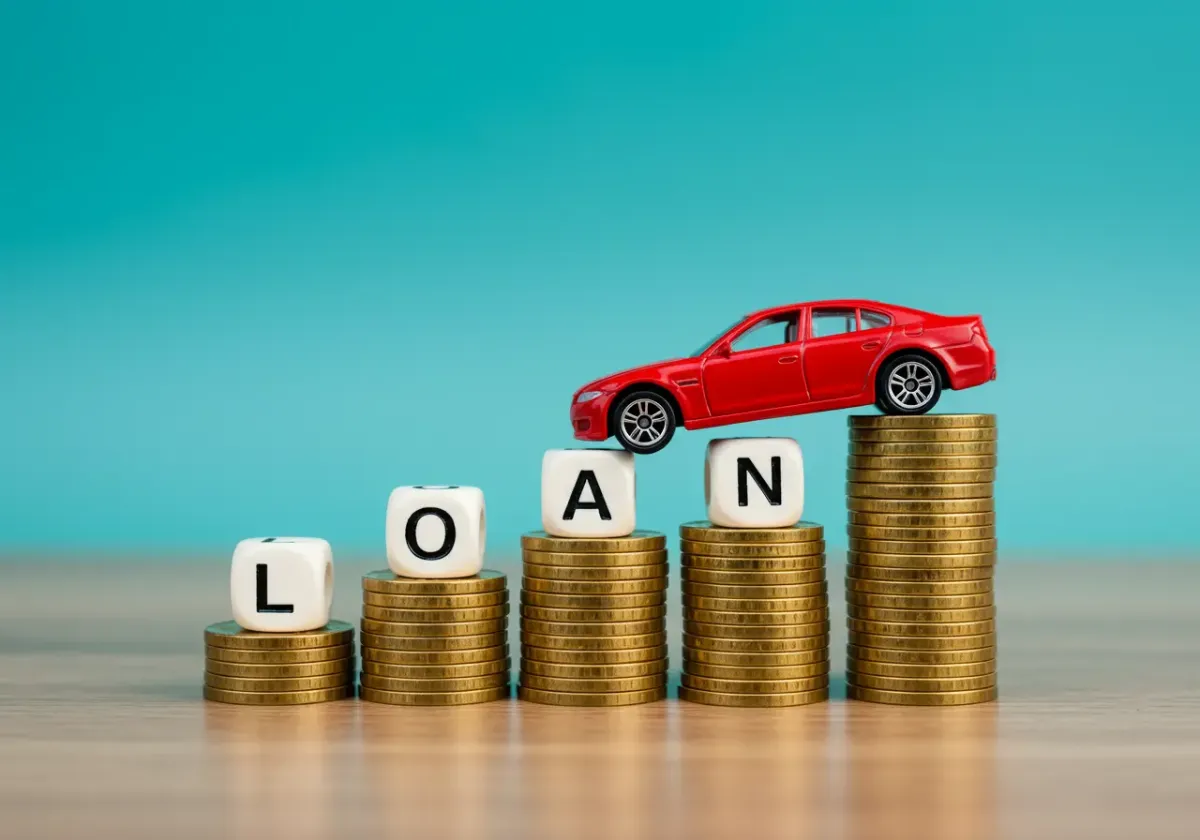THE ULTIMATE FIRST-TIME CAR BUYER’S CHECKLIST IN BANGLADESH | SMART GUIDE 2025
`
The First-Time Car Buyer’s Checklist for New Car Buyers in Bangladesh
Buying your first car is an exciting milestone, but it’s also a significant financial decision. For many in Bangladesh, it’s not just about owning a vehicle—it’s about making a smart investment that serves personal, family, or professional needs for years to come.
However, first-time car buyers often face confusion about where to start. With countless brands, models, and conditions (new, reconditioned, or used) available, the choices can feel overwhelming. Without proper research, you risk ending up with a car that doesn’t suit your budget or lifestyle.
That’s why careful planning is essential before making any purchase. From setting a realistic budget to checking vehicle history and understanding ownership costs, having a structured checklist will save you time, money, and stress. In this guide, we’ll walk you through everything you need to know to confidently buy your first car in Bangladesh.
Define Your Budget Clearly
Before buying your first car, it’s crucial to define your total budget—not just the price of the vehicle itself. Many first-time buyers in Bangladesh forget to account for hidden or additional costs such as registration fees, taxes, insurance, and maintenance expenses. Planning for these expenses upfront ensures you don’t exceed your financial limits and prevents unexpected burdens after purchase.
You should also decide if you’ll pay fully in cash or need a bank loan or car financing option. This helps you shortlist cars within your affordability.
Common Expenses to Include:- Car Price: Base price of the vehicle.
- Registration Fee: BRTA registration and number plate cost.
- VAT & Taxes: Import duty, advance tax, etc.
- Insurance: Mandatory third-party or comprehensive insurance.
- Annual Renewal: Fitness certificate, tax token renewal.
- Maintenance: Oil changes, servicing, and repairs.
- Fuel Costs: Ongoing petrol, octane, or diesel expenses.
- Loan EMI: If you’re financing the car.
Decide Between Brand-New, Reconditioned, or Used Cars
One of the first big decisions for first-time car buyers in Bangladesh is choosing between brand-new, reconditioned, or used cars. Each option comes with its own advantages and trade-offs depending on your budget, preferences, and how long you plan to keep the vehicle.
A brand-new car guarantees you the latest features and a full manufacturer warranty but is the most expensive. Reconditioned cars (mainly imported from Japan) offer great value with near-new condition and lower prices. Used cars are the cheapest but may have hidden issues if not properly inspected.
Car Type Pros Cons Brand-New Full warranty, latest tech, zero wear Highest price, high depreciation Reconditioned Good condition, lower price, verified history Limited warranty, older models Used Cheapest, wide local options Higher risk of defects, no warranty Identify Your Driving Needs
Before purchasing your first car, it’s essential to understand your specific driving needs. The type of vehicle you choose should match your daily routine, lifestyle, and travel patterns in Bangladesh.
If you’ll mainly drive in congested city areas, compact and fuel-efficient cars like the Toyota Aqua or Toyota Axio are easier to park and economical. For long-distance travel or frequent highway use, a comfortable sedan like the Toyota Premio or an SUV like the Honda CR-V offers better ride quality and power.
Families with kids might prefer spacious options such as the Toyota Noah Hybrid or Toyota Esquire, offering ample seating and safety features. If your car is for business or cargo transport, a utility vehicle like the Toyota Probox is a reliable choice.
Clearly identifying your needs will narrow down your choices and help you invest wisely.
Research Vehicle Types and Models
Once you’ve identified your driving needs, the next step is to research different vehicle types and models that best fit your lifestyle. In Bangladesh, popular cars vary by category, and each serves distinct purposes.
For sedans, options like the Toyota Premio, Toyota Allion, and Toyota Axio are favored for their comfort, fuel efficiency, and easy handling in city traffic. If you’re looking for an SUV, models such as the Honda Vezel, Toyota Harrier, and Nissan X-Trail offer more space, higher ground clearance, and are great for long trips or rough roads.
Hybrid cars like the Toyota Aqua and Toyota Prius are excellent for those prioritizing fuel savings and environmental impact. For large families, minivans such as the Toyota Noah Hybrid and Toyota Esquire provide versatile seating and cargo space.
By understanding the categories and exploring specific models, you’ll make a more informed choice that aligns with your priorities.
Check Reliability and Maintenance Costs
When buying your first car in Bangladesh, reliability should be a top priority. A reliable car ensures fewer breakdowns, lower repair costs, and better long-term value. Japanese brands like Toyota, Honda, and Nissan dominate the Bangladeshi market due to their proven durability and easy maintenance.
Additionally, check how easily spare parts are available and how expensive regular servicing might be. Cars with a strong local servicing network save you both time and money. Avoid models that may be cheaper upfront but have costly or hard-to-find parts.
Quick Tips:- Choose popular, well-known models for better parts availability.
- Verify service history for used or reconditioned cars.
- Read reviews and consult mechanics for model-specific maintenance insights.
- Check maintenance intervals and average servicing costs.
- Ensure the brand has an authorized service center in your area.
Verify the Auction Sheet for Reconditioned Cars
If you’re considering a reconditioned car, verifying the auction sheet is crucial. This document, provided by Japanese auction houses, offers a detailed report on the car’s condition, mileage, accident history, and repairs before it was imported to Bangladesh. It ensures that you're not being misled about the vehicle's true state.
Unfortunately, some sellers may provide fake or altered auction sheets. That’s why it’s important to buy from trusted dealers who offer authentic verification services. A genuine auction sheet protects your investment and builds confidence in your purchase.
Key Things to Check on the Auction Sheet:- Overall Grade: Reflects the car’s condition.
- Mileage Verification: Confirms actual kilometers driven.
- Exterior & Interior Condition: Notes scratches, dents, or damages.
- Accident History: Reveals if the car was involved in any major collision.
- Mechanical Status: Insights on engine, suspension, and transmission conditions.
Check Fuel Type and Efficiency
When buying a car in Bangladesh, choosing the right fuel type is essential for long-term savings and performance. Options include petrol, diesel, hybrid, and even electric vehicles (EVs). Each has its pros and cons based on your driving habits, budget, and availability of fuel.
- Petrol Cars: Ideal for city driving and occasional long trips. They offer smoother rides but moderate fuel economy.
- Diesel Cars: Best for frequent long-distance travel. They provide better mileage but maintenance can be higher.
- Hybrid Cars: Combine petrol and electric power, offering excellent fuel efficiency and lower emissions—great for urban use.
- Electric Cars: Cost-effective in the long run but limited by charging infrastructure in Bangladesh.
Choosing wisely will help you balance fuel costs, maintenance, and environmental impact, ensuring you get the best value for your lifestyle.
Understand Financing and Loan Options
Buying a car in Bangladesh often involves financing through bank loans or EMI (Equated Monthly Installments), especially for first-time buyers. Understanding these options is key to managing your budget effectively.
Most local banks offer car loans with varying interest rates, usually ranging from 9% to 12% per annum, depending on the bank and your credit profile. Some car showrooms also partner with banks to offer exclusive EMI facilities, allowing you to pay in monthly installments.
Before committing, compare:- Down payment requirements
- Interest rates
- Loan tenure (usually up to 5-7 years)
- Hidden charges
Evaluating financing options helps you choose an affordable plan while keeping your financial health stable. Always check for promotional offers or low-interest schemes for better deals.
Inspect Safety Features
When buying a car in Bangladesh, especially as a first-time buyer, prioritizing safety features is essential for your protection on the road. A well-equipped vehicle can reduce risks and provide peace of mind, whether driving in the city or on highways.
Look for cars that come with:- Airbags: Front and side airbags can protect passengers in case of a collision.
- Anti-lock Braking System (ABS): Prevents wheels from locking up during sudden braking.
- Electronic Brakeforce Distribution (EBD): Enhances braking efficiency.
- Crash Test Ratings: Prefer models with strong safety ratings from recognized authorities like Euro NCAP or JNCAP.
- Rearview Cameras and Sensors: Helpful for parking and reversing safely.
Investing in these features ensures that your new or reconditioned car meets modern safety standards, protecting both you and your passengers on every trip.
Explore Resale Value and Market Demand
When buying your first car in Bangladesh, it’s smart to think ahead about resale value. Some cars retain their worth better than others due to brand reputation, durability, and market demand. Choosing a car with a strong resale potential helps you recover a good portion of your investment when you decide to upgrade.
In Bangladesh, Japanese brands like Toyota, Honda, and Nissan are popular for their long-lasting performance and higher resale value. Models such as:
- Toyota Axio
- Toyota Premio
- Honda Vezel
- Toyota Allion
are highly sought after in the used car market.
Opting for such models ensures that when it’s time to sell or trade in, you’ll likely get a competitive price. Always check current market trends and popular models to make a future-proof choice.
Investigate Import Regulations and Taxes
If you’re considering buying a reconditioned or imported car in Bangladesh, such as from Biswas Imports, understanding the import regulations and taxes is essential. These costs can significantly impact the total price of your vehicle.
Key taxes and duties include:- Customs Duty: Varies based on engine capacity and car type.
- Value Added Tax (VAT): Usually 15% on the assessed value.
- Advance Income Tax (AIT): Applied at different rates depending on engine size.
- Supplementary Duty: Imposed on luxury or large-engine cars.
- Registration Costs: Varies by vehicle type and engine capacity.
These costs can add up, especially for hybrid or higher CC vehicles. Therefore, it’s crucial to consult with trusted importers or the Bangladesh Customs website to get the latest tax rates. Planning ahead helps you avoid unexpected expenses and ensures legal compliance.
Select a Reputable Dealer or Showroom
Choosing the right car dealer or showroom is just as important as selecting the vehicle itself. A trusted dealer ensures you get a genuine car with proper documentation, verified auction sheets (for reconditioned cars), and a fair price. This reduces the risk of fraud, hidden defects, or tampered histories.
In Bangladesh, not every seller offers the same level of transparency and service. That’s why it’s advisable to buy from authorized dealers or reputed importers like Biswas Imports. A professional showroom will guide you through the process, provide after-sales service, and offer warranty options.
Additionally, reputable dealers often have a diverse inventory, allowing you to compare models, test drive, and choose the best car for your budget and needs. With the right dealer, your first car purchase becomes smoother, safer, and more reliable in the long run.
Take a Test Drive
A test drive moves your evaluation from paper to practice, offering the best sense of a vehicle's suitability. A buyer should take the car on roads that mimic their typical daily travel, including city traffic and, if possible, a short stretch of open road. This practical step allows a person to feel how the car truly behaves in real-world conditions, providing insights that a specifications sheet cannot.
During the drive, a potential buyer must assess several key areas. Check the comfort of the seats and the driving position, ensuring good visibility with no major blind spots. Test the handling by observing how the car steers, brakes, and absorbs bumps. Pay close attention to the engine's performance, listening for any unusual noises and feeling how it accelerates. This is also the time to test all interior controls, like the air conditioning and sound system.
This direct experience is a vital part of the decision-making process. The test drive confirms if the car’s feel matches the buyer's expectations and personal preferences. It serves as the final, practical check, helping to build confidence in the purchase or reveal issues that might make you reconsider. A thorough drive ensures the chosen car is a pleasure to operate, not just own.
Understand After-Sales Service and Warranty
A car purchase extends beyond the showroom. Long-term satisfaction relies on the dealer's after-sales support. A buyer must evaluate the warranty, service options, and spare parts availability. Good support protects your investment and ensures peace of mind, saving you money on future maintenance and repairs down the road.
A buyer needs to ask specific questions about the warranty terms, whether it's from the manufacturer or the dealer. Reputable showrooms provide dedicated service centers and have clear support policies. You must confirm that genuine spare parts for your chosen model are easy to find, as this is essential for quick and affordable repairs.
A smart buyer always gets service and warranty promises in writing. This document should clearly state all terms, including coverage length and what is included. Confirming these details upfront prevents future problems and ensures the dealer honors their commitments. This step is key to a reliable and stress-free ownership experience.
Prepare All Necessary Documentation
Finalizing a car purchase requires organizing several important documents. A buyer needs to have their personal identification and financial papers in order before visiting a showroom. This preparation makes the process smooth and avoids delays. The dealer will also provide essential papers like the sales receipt and import documents, which are needed for the next step of registration with the Bangladesh Road Transport Authority (BRTA).
A buyer should ensure they have the following ready:- Personal Documents: National ID (NID) card, Taxpayer's Identification Number (TIN) certificate, and proof of address (like a recent utility bill).
- Financial Documents: Recent bank statements or proof of income, especially if applying for a car loan.
- Vehicle Documents (from dealer): Sales receipt or invoice, customs clearance papers, and the auction sheet for a reconditioned car.
Final Thoughts: Buy Smart, Drive Happy
Buying your first car in Bangladesh is a significant achievement. It represents freedom and a major financial step. By following this checklist, a first-time buyer can navigate the process with confidence. Each step, from setting a budget to checking the final papers, is designed to help you make an informed choice. Careful planning removes stress and ensures you get a reliable vehicle that fits your needs and budget. A smart purchase today leads to many years of happy, worry-free driving.
FAQ Section
- How much does car registration cost in Bangladesh?
The cost varies greatly based on the car's engine capacity (CC). For a typical 1500cc sedan, the total registration cost, including fees and advance tax, can be substantial. It's best to use the official BRTA fee calculator online or ask your dealer for a detailed cost breakdown, as fees are updated periodically.
- What type of car is best for Dhaka's traffic?
For daily driving in congested cities like Dhaka, a compact and fuel-efficient car is often the best choice. Models like the Toyota Aqua, Toyota Axio, or Suzuki Swift are popular because they are easy to maneuver in traffic, simpler to park, and have lower fuel consumption, which saves money.
- Is a reconditioned car a good choice for a first-time buyer?
A reconditioned car can be a great value, offering a near-new experience for a lower price. However, a buyer must be cautious. It is essential to purchase from a trusted dealer who provides a verifiable auction sheet to confirm the car's original grade, mileage, and history. This ensures you avoid vehicles with hidden damage.
- What is the usual down payment for a car loan?
Most banks in Bangladesh require a down payment when financing a car. This amount typically ranges from 20% to 40% of the vehicle's total price. The exact percentage depends on the bank's policy, the car's value, and the buyer's credit profile.
`
